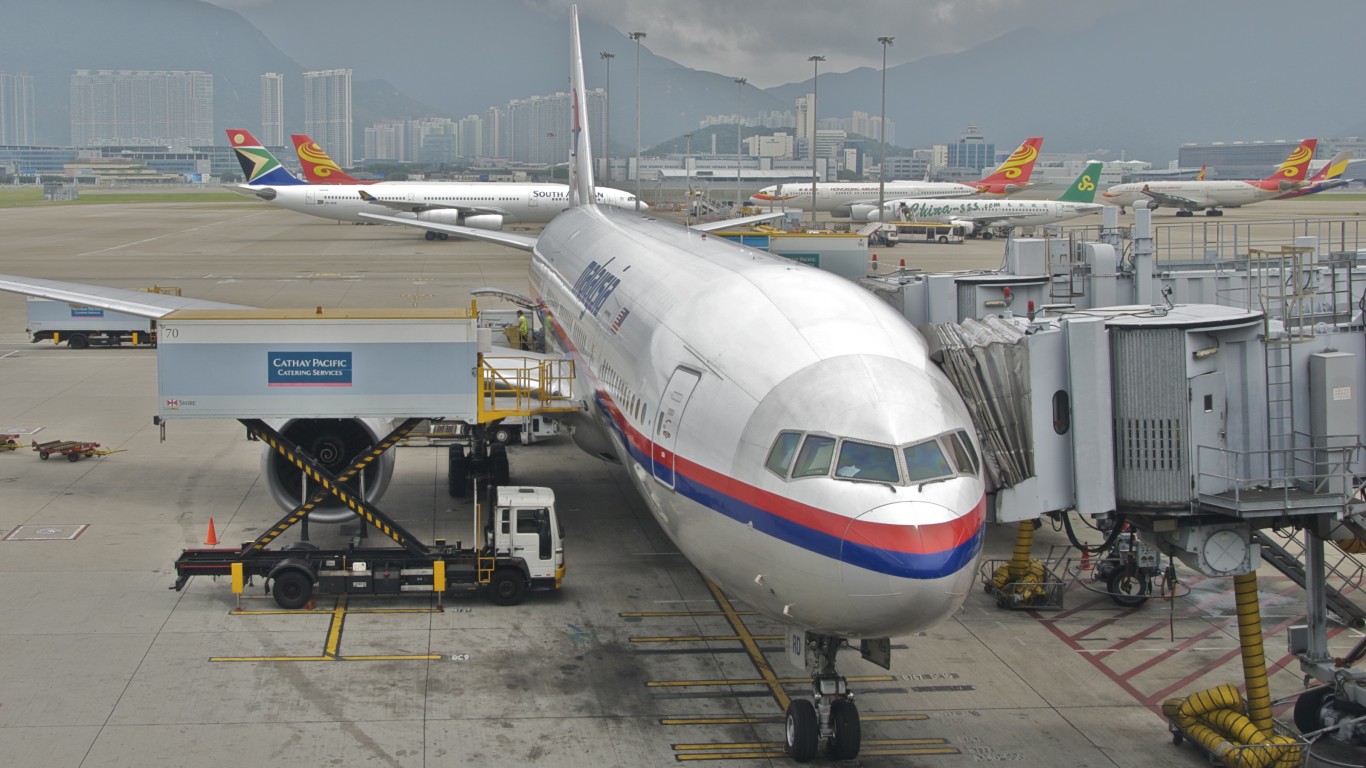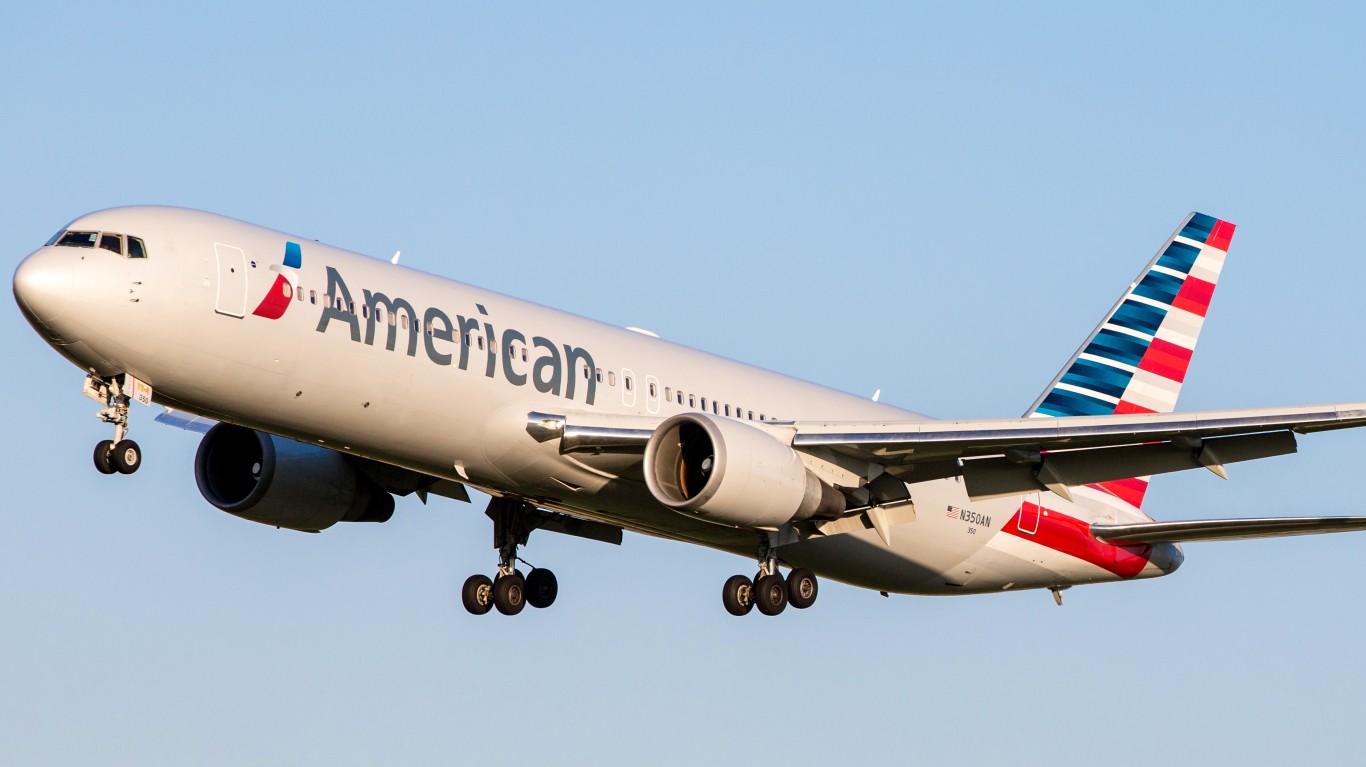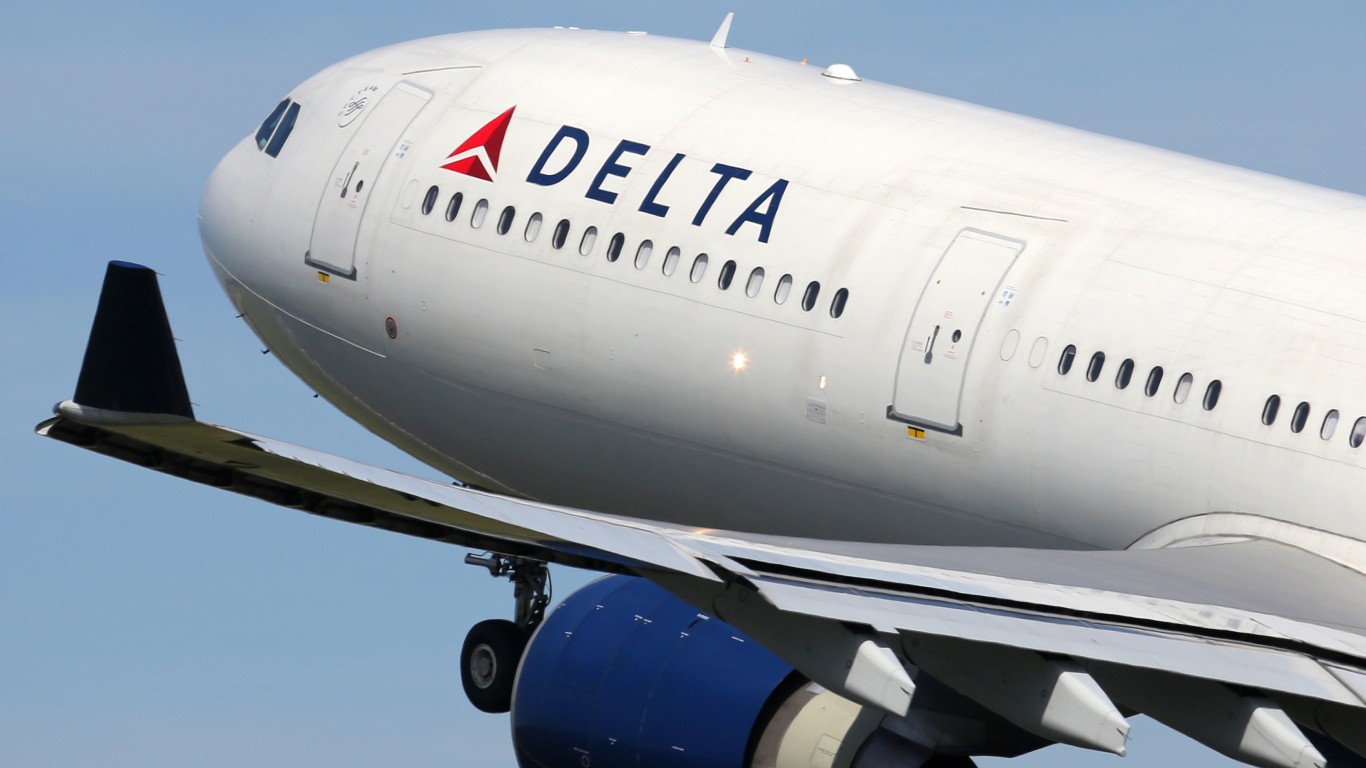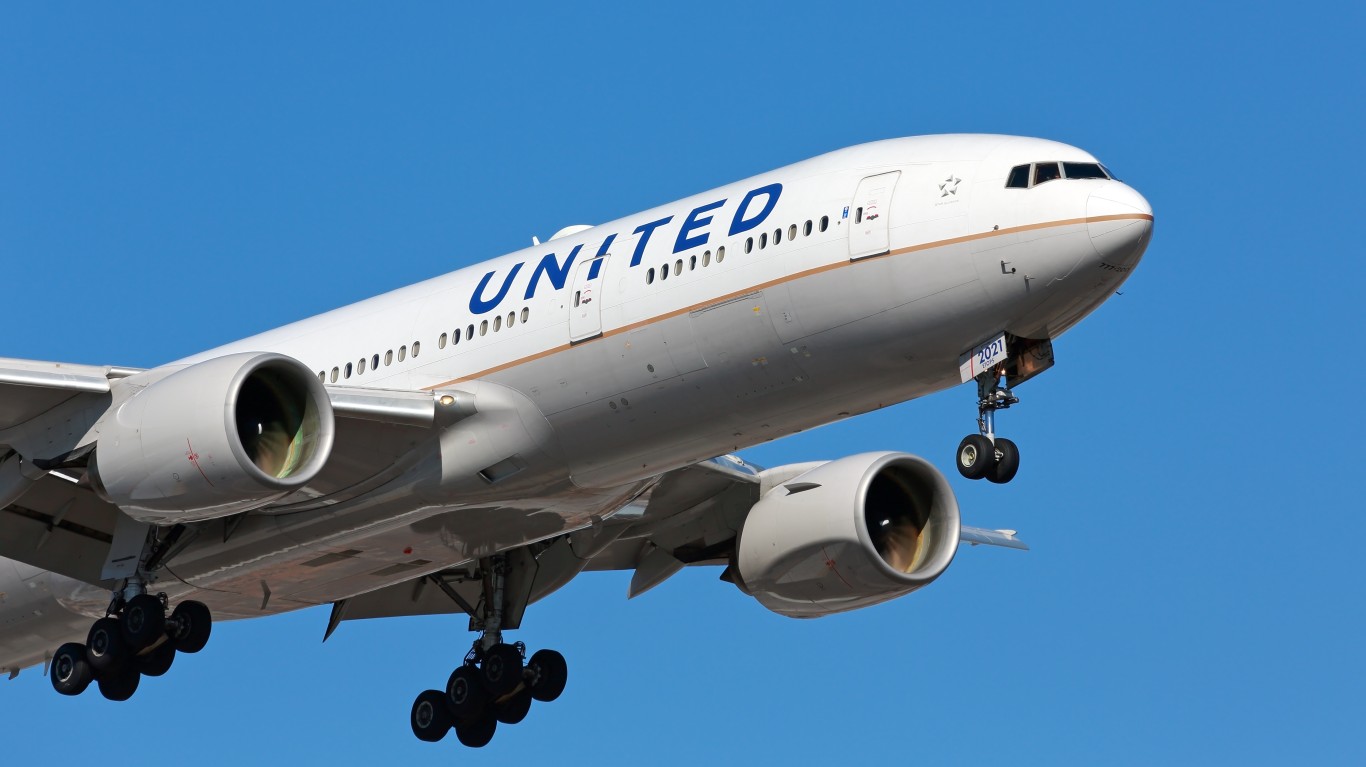Investing
Billionaire Stanley Druckenmiller Dumps Microsoft Stock to Buy These Stocks Instead

Published:

Warren Buffett once told shareholders, “The worst sort of business is one that grows rapidly, requires significant capital to engender the growth, and then earns little or no money. Think airlines.”
He continued, “if a far-sighted capitalist had been present at Kitty Hawk, he would have done his successors a huge favor by shooting Orville down.”
Stanley Druckenmiller is a Wall Street legend and for over 30 years earned 30% annual returns while never having a losing year.
In the fourth quarter, Druckenmiller sold off his remaining stake in Microsoft (MSFT) and instead bought three airline stocks, historically a poor performer.
If you’re looking for some stocks with huge potential, make sure to grab a free copy of our brand-new “The Next NVIDIA” report. It features a software stock we’re confident has 10X potential.
Needless to say, Buffett is no fan of airline stocks, even though at various times over the years he has bought their stocks and then quickly regretted it.
Is billionaire investor Stanley Druckenmiller about to make the same mistake? He just sold off the last of his holdings in Microsoft (NASDAQ:MSFT), a stock that’s largely traded sideways for the past year, and instead bought the stocks of three airlines.
While they have been flying high over the past year, will their “insatiable” demand for capital, as Buffett put it, have him regretting the decision, too?
Druckenmiller is not some unknown quantity. He has the rare distinction of being one of the very few investors who never had a losing year. Over the 30-year period he ran his Duquesne Capital Management, he generated annualized returns of 30%.
Although Druckenmiller retired from Wall Street, he still operates the Duquesne Family Office, which has almost $3.6 billion in assets under management. Here are the three new positions the billionaire investor opened in airline stocks.

American Airlines (NASDAQ:AAL) has recovered from a self-inflicted wound last year when it tried to bypass travel agents and ticketing agencies and have business flyers book directly through its app. If they wanted frequent flier points, preferred passenger status, or other awards Instead, they flew to the competition.
Unit revenue fell 5.6%, leading to CEO Robert Isom to tell analysts, “To the degree our approach has driven customers away from American, we are unequivocally committed to getting those customers back.” It reversed course and the maneuver appears to be working as revenue rose 3.3% in the fourth quarter. AAL stock, which had dropped to almost $9 a share last August, had doubled to over $19 a share.
American also benefited from lower fuel costs in Q4, which allowed it to book over $1.1 billion in operating profits. The airline operator appears to have cleared the turbulence it brought on and could fly higher from here.
Druckenmiller bought 920,000 shares of AAL stock at an average price of $14.34 per share for a $16 million investment.

The second airline stock Druckenmiller bought was Delta Air Lines (NYSE:DAL), which bills itself as a more premium experience for flyers. Like American, lower fuel costs benefits its performance, but it also drove $1.3 billion more in operating revenue in Q4. Operating expenses, however, also rose by nearly $1 billion, but produced $1.7 billion in operating profits generating increased margins of 12%. However, it declined 100 basis points for the full year.
Because Delta earns a higher unit revenue premium compared to its peers, while also having the largest frequent-flyer program among U.S. carriers, the airline should fly higher than its peers in an environment of lower input costs.
Yet because it is a premium airline and passengers remain price sensitive, Delta stands most at risk if a rival discount carrier chooses to compete on price. DAL stock also crashed in August and has similarly regained altitude, soaring 72% above the low point.
Druckenmiller bought 818,000 shares at an average price of $55.65 per share for a total investment of $49 million. DAL currently trades at $64.34 per share.

United Airlines (NASDAQ:UAL) is the third airline stock Druckenmiller purchased, buying over $1 million shares at an average price of $77.08 per share for $101.4 million. UAL stock represents 2.9% of his portfolio.
The airline also picked itself up from an August low, but its stock has soared 180% since. In the fourth quarter, United booked $1.5 billion in operating profit on $14.7 billion in revenue, helping margins rise above 10%. However, with a new labor contract in place, United will experience higher costs going forward.
The airline, like the rest of the industry, is enjoying record profits due to a rebound in travel demand following the pandemic crash. Demand has grown faster than airline capacity, which has boosted earnings. While the airline industry is managing capacity constraints to meet demand to keep things in equilibrium, it’s likely the current environment isn’t sustainable long-term, though for the immediate future United and the industry should benefit.
Thank you for reading! Have some feedback for us?
Contact the 24/7 Wall St. editorial team.